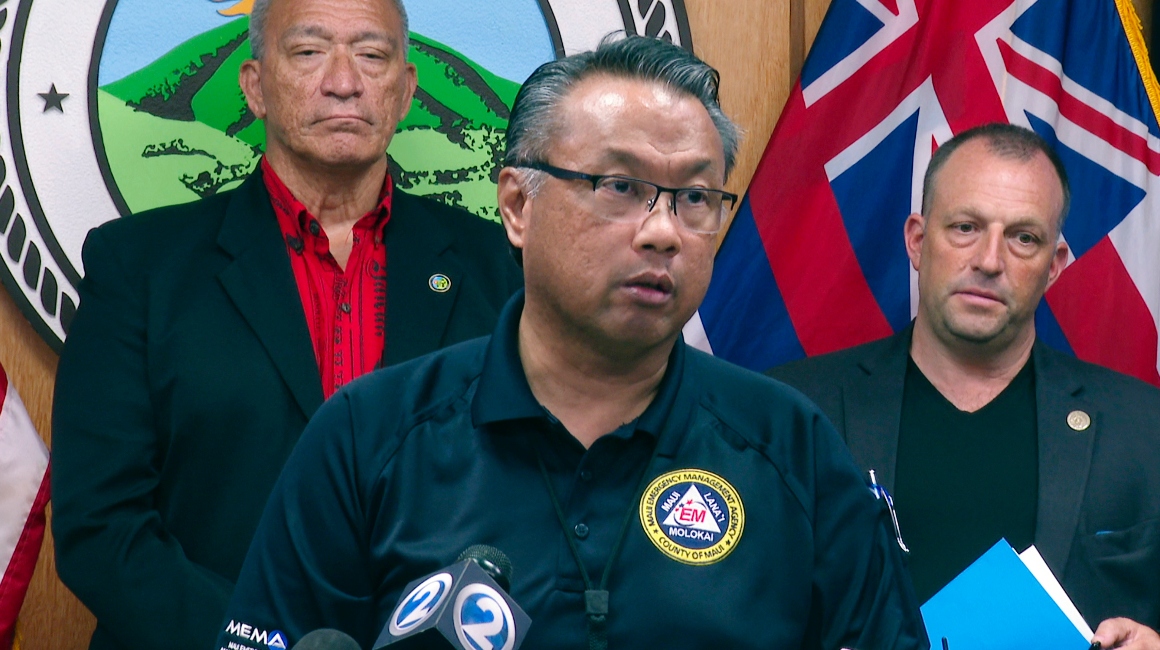Maui Emergency Management Agency Administrator Herman Andaya, who has been heavily criticized for the island’s response to deadly wildfires that killed at least 111 people, resigned on Thursday.
A statement from the mayor’s office stated that Andaya cited health reasons for submitting his resignation, which was effective immediately.
JOBLESS CLAIMS NUMBERS ARE SENDING A SURPRISING MESSAGE ABOUT THE ECONOMY
“Given the gravity of the crisis we are facing, my team and I will be placing someone in this key position as quickly as possible and I look forward to making that announcement soon,” Mayor Richard Bissen said in a press statement.

This move comes a day after Andaya was forced to defend himself and MEMA’s response to reporters. When the wildfires broke out on Aug. 8, residents said they were not evacuated and that none of the island’s warning sirens were sounded for evacuation. But when asked by reporters on Wednesday if Andaya regretted not activating the sirens, Andaya responded, “I do not.”
“The public is trained to seek higher ground in the event that the sirens are sounded,” Andaya said, asserting that the sirens are generally used to warn of tsunamis or approaching storms. Officials feared that if they sounded the sirens, people would have headed to the mountainside and gone straight into the fire, he said.
However, both the county and state websites state that wildfires are included in the siren system’s usage.
CLICK HERE TO READ MORE FROM THE WASHINGTON EXAMINER
Andaya was further questioned by reporters if he was qualified for the job, to which he countered that the claim “that I’m not qualified, I think, is incorrect.”
The Maui wildfires are now considered the deadliest in modern U.S. history, burning nearly 3,000 structures with estimated billions of dollars in damage. The fire also created an immediate housing shortage in Lahaina and raised concerns about long-term displacement, not to mention longer-term environmental effects on the state’s waters, corals, plants, and wildlife.

